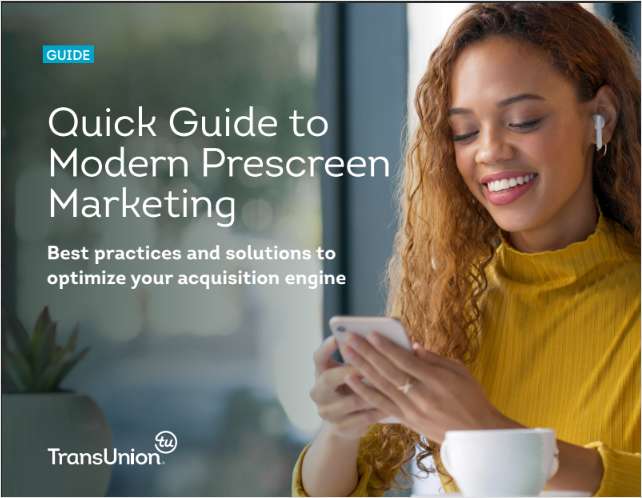Credit unions that don't have sufficient bring your own device policies have put themselves at a high legal risk, according to attorney Michael D. Lozoff, partner at Shutts & Bowen in Miami.
“In general, unfortunately, the technology is still running ahead of the ability of some of these institutions to keep up with policies that they should have,” said Lozoff, who chairs the law firm's credit union practice group. “We run into all kinds of questions that sometimes surprise us to the extent that the institutions have not addressed something as basic as BYOD.”
Since the early days of smartphones, there have been new and improved versions of the handheld devices and tablets enabling employees to work anytime, anywhere and with anyone.
And while that work flexibility may create a lot of advantages of organizations, BYOD adoption also has created a lot of legal issues such as overtime reporting, work-related data versus personal information, smartphone bill reimbursements and e-discovery for civil and criminal cases.
Courtrooms across the nation have already heard arguments about these issues, and credit unions can learn valuable lessons from them and stay out of the courtroom.
In the case of Mohammadi v. Nwabuisi, a court found that an employer failed to compensate an employee for overtime work on his BYOD.
“The problems you are going to have with cell phone usage and other BYODs are the same problems that are caused by your most diligent (nonexempt) employees,” Norfolk, Va.-based attorney John M. Bredehoft said. “They are the ones that check their emails, voicemails, read documents and perform work when they are not in the office, and technically they are not being compensated for it,”.
While overtime claims generally don't amount a lot of money, the Fair Labor Standards Act has a double damages provision. An overtime claim of $10,000 or $20,000 can easily add up to a $100,000 or $150,000 claim.
“So that is why one of the main things we put in all of our BYOD and social media policies is that employees are not authorized to do work outside working hours even if they do get emails,” Bredehoft, a member of the Labor and Employment Law Practice Group at Kaufman & Canoles, said.
However, in another case, White v. Baptist Memorial Health Care Corp., a court ruled that employers are not responsible for compensating employees overtime when they fail to follow an employer's procedures for reporting overtime work.
Lozoff said it's important for credit unions to work into their policies appropriate timekeeping procedures that would enable non-exempt employees to report overtime worked. The burden is on employers to keep records of overtime hours worked. If they don't, then the employee's estimated overtime worked is presumed to be correct.
Read more about BYOD legal risks in the May 6 issue of Credit Union Times.
Complete your profile to continue reading and get FREE access to CUTimes.com, part of your ALM digital membership.
Your access to unlimited CUTimes.com content isn’t changing.
Once you are an ALM digital member, you’ll receive:
- Breaking credit union news and analysis, on-site and via our newsletters and custom alerts
- Weekly Shared Accounts podcast featuring exclusive interviews with industry leaders
- Educational webcasts, white papers, and ebooks from industry thought leaders
- Critical coverage of the commercial real estate and financial advisory markets on our other ALM sites, GlobeSt.com and ThinkAdvisor.com
Already have an account? Sign In Now
© 2024 ALM Global, LLC, All Rights Reserved. Request academic re-use from www.copyright.com. All other uses, submit a request to [email protected]. For more information visit Asset & Logo Licensing.









